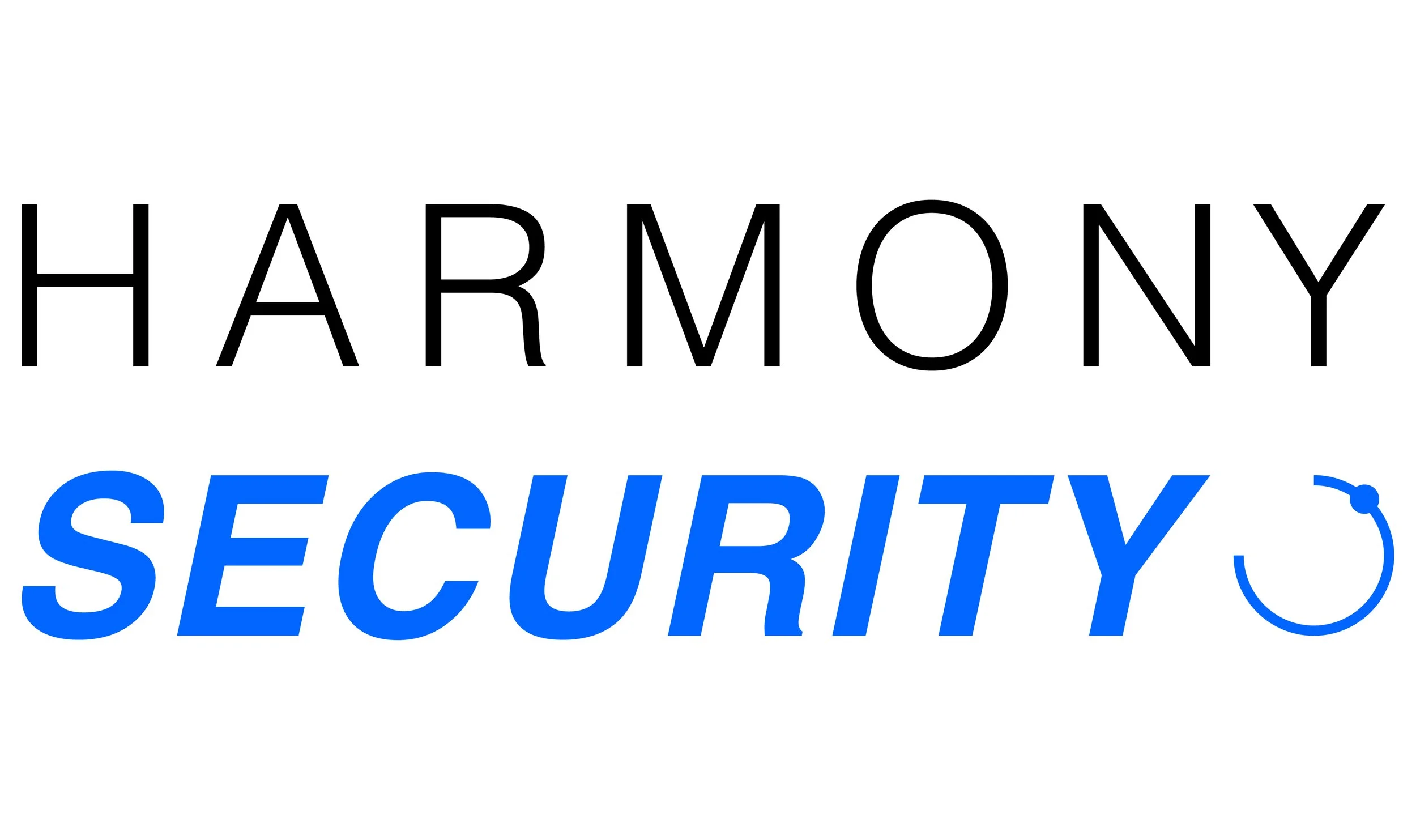The Future of Private Security in El Salvador: Why Technology Training Matters for Agents
Private security in El Salvador is changing. Discover why technology training for agents makes all the difference—and how Harmony Security leads with smarter, tech-driven protection.
In El Salvador, private security is evolving. Clients no longer expect only guards on-site—they want professional agents who can use technology to provide faster responses, proactive prevention, and reliable protection.
At Harmony Security, we believe the future of private security depends on one factor: technology training for agents.
Why Technology Training Is Critical
Technology is transforming the industry: GPS tracking, AI-powered surveillance, encrypted communication, and real-time dashboards are now standard. But these tools are only as effective as the people who operate them.
An untrained guard may see a camera or dashboard as “just equipment.” A trained Harmony Security agent, on the other hand, knows how to:
React to smart alerts generated by AI video analytics.
Use GPS tracking data to optimize patrols.
Communicate securely with clients and supervisors through encrypted channels.
Generate digital reports that improve accountability and transparency.
This combination of skills + tools is what sets apart a reactive guard from a proactive, technology-enabled risk manager.
The Client Impact
For businesses, trained agents mean reduced operational risks, measurable ROI through fewer incidents, and better compliance with international standards.
For families, it means peace of mind—knowing their guard can coordinate seamlessly with monitoring systems and respond effectively in emergencies.
For Salvadorans abroad, it means confidence that their properties and loved ones are protected by professionals who integrate human judgment with smart technology.
Why Harmony Security Leads the Way
Harmony Security invests in continuous training for every agent. Our programs cover:
Protective driving and response protocols using GPS-based route planning.
AI video analytics interpretation for faster detection of suspicious behavior.
Secure communication skills to prevent interception and coordinate under pressure.
Scenario-based training for emergencies like evacuations, medical incidents, or intrusions.

